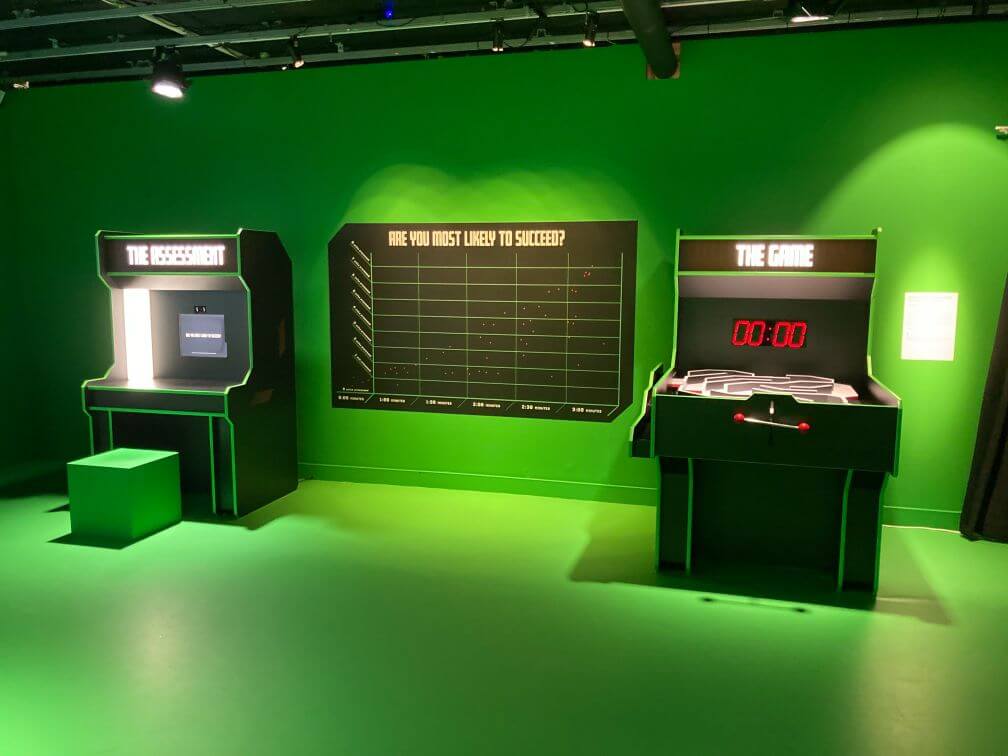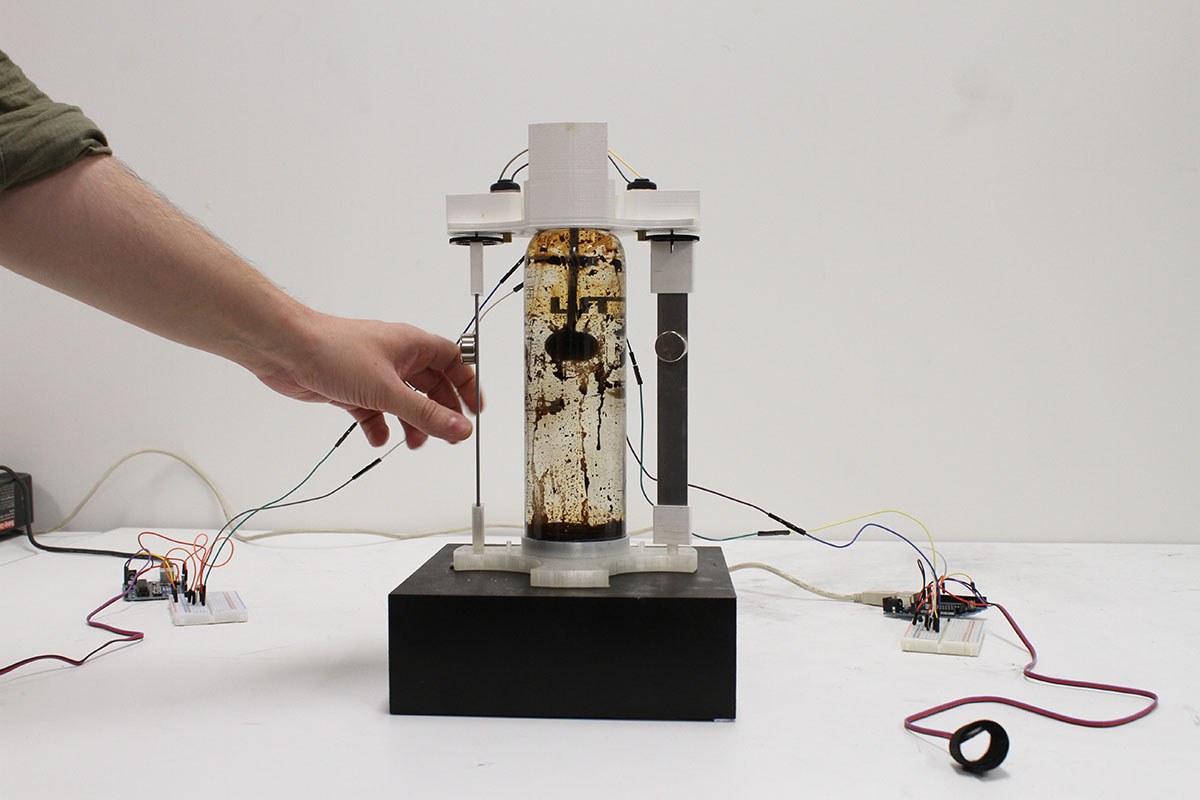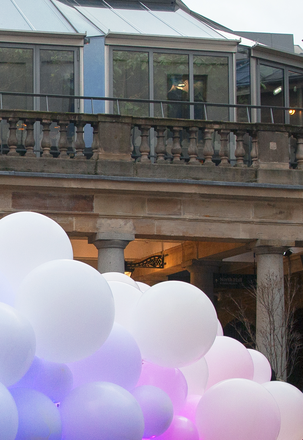This is a currently unmaintained archive of past work. To be updated someday, but not yet.
Alexander Taylor
-
Personal projects collated here - for a portfolio of professional work please get in touch.
Most Likely to Succeed
AI/MLInstallationsPhysical Computing ()Games2021
2% Of Spaces You Could Possibly Encounter
AI/MLInstallationsPhysical Computing ()2019Games
Two Heartbeats
2018Physical Computing ()Experimental Design
Blissify.io
2016AI/MLPhysical Computing ()Visual CommunicationExperimental DesignSpeculationApplications
A satirical startup-style product exploring the idea of 'filter bubbles': Blissify is a functional browser extension for Google Chrome that uses emotion
detection technology to automatically block the pages that are making the user unhappy. Featured on Fast Co. Design.
